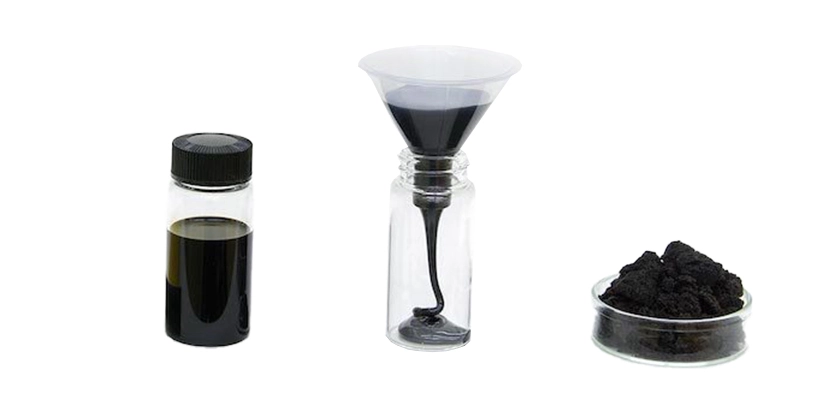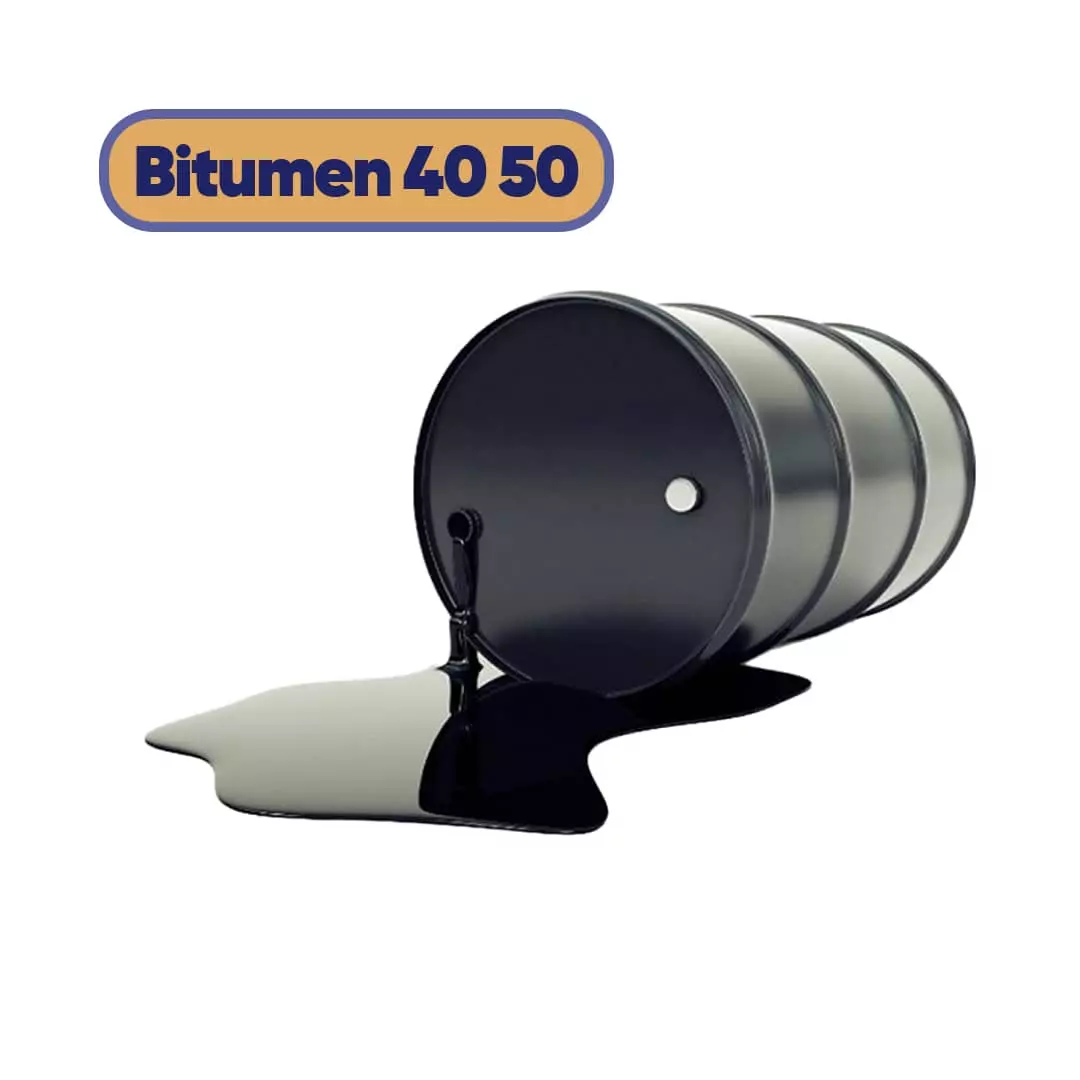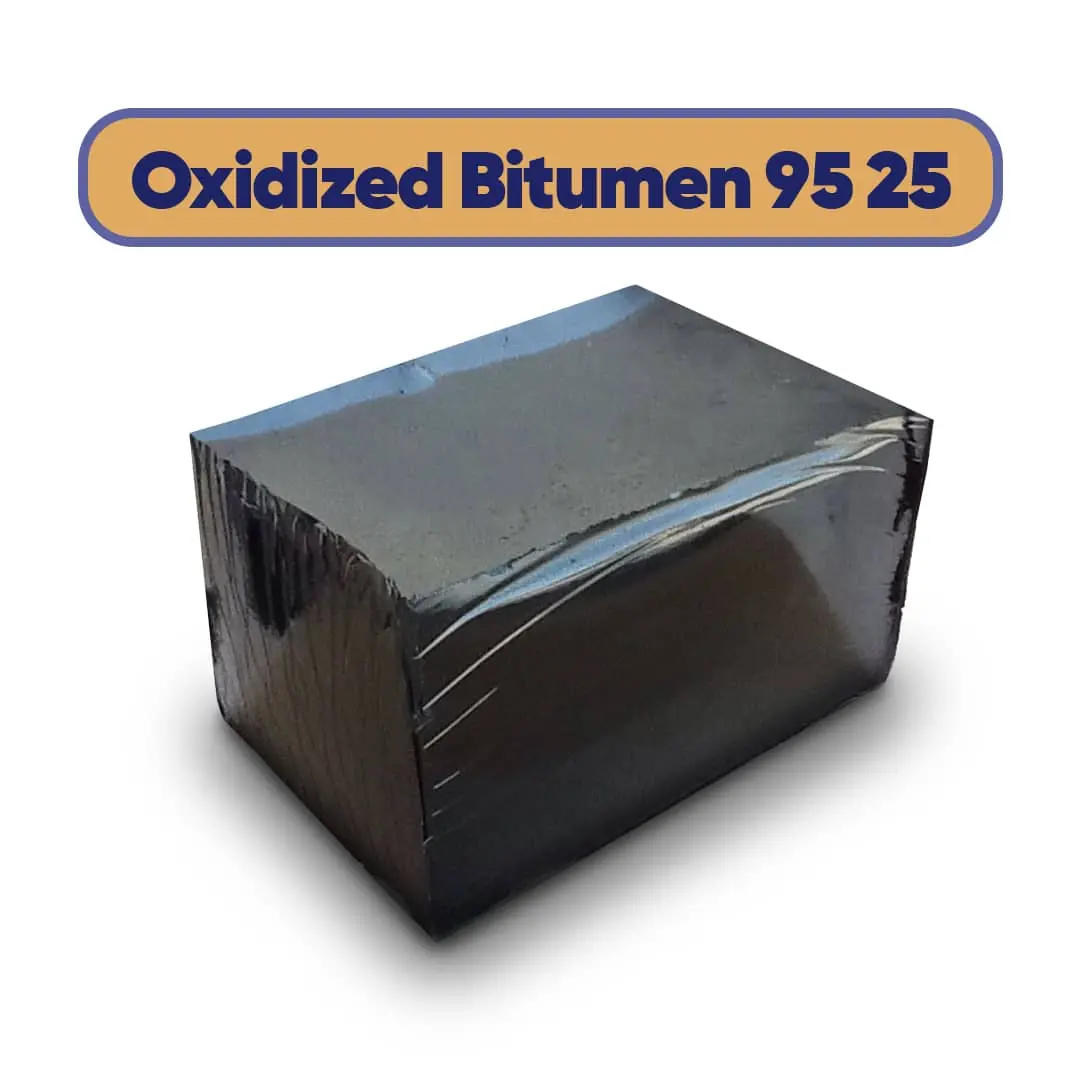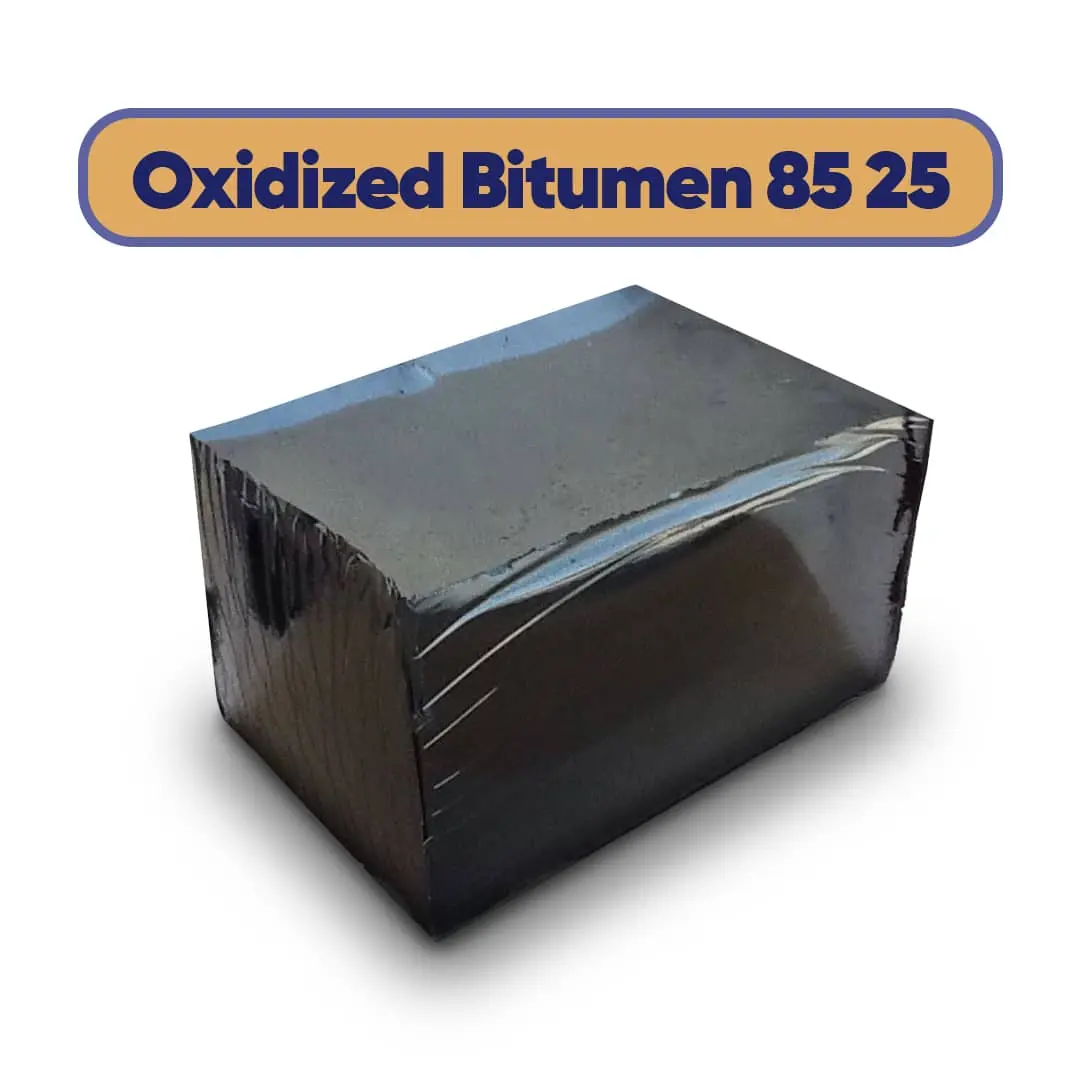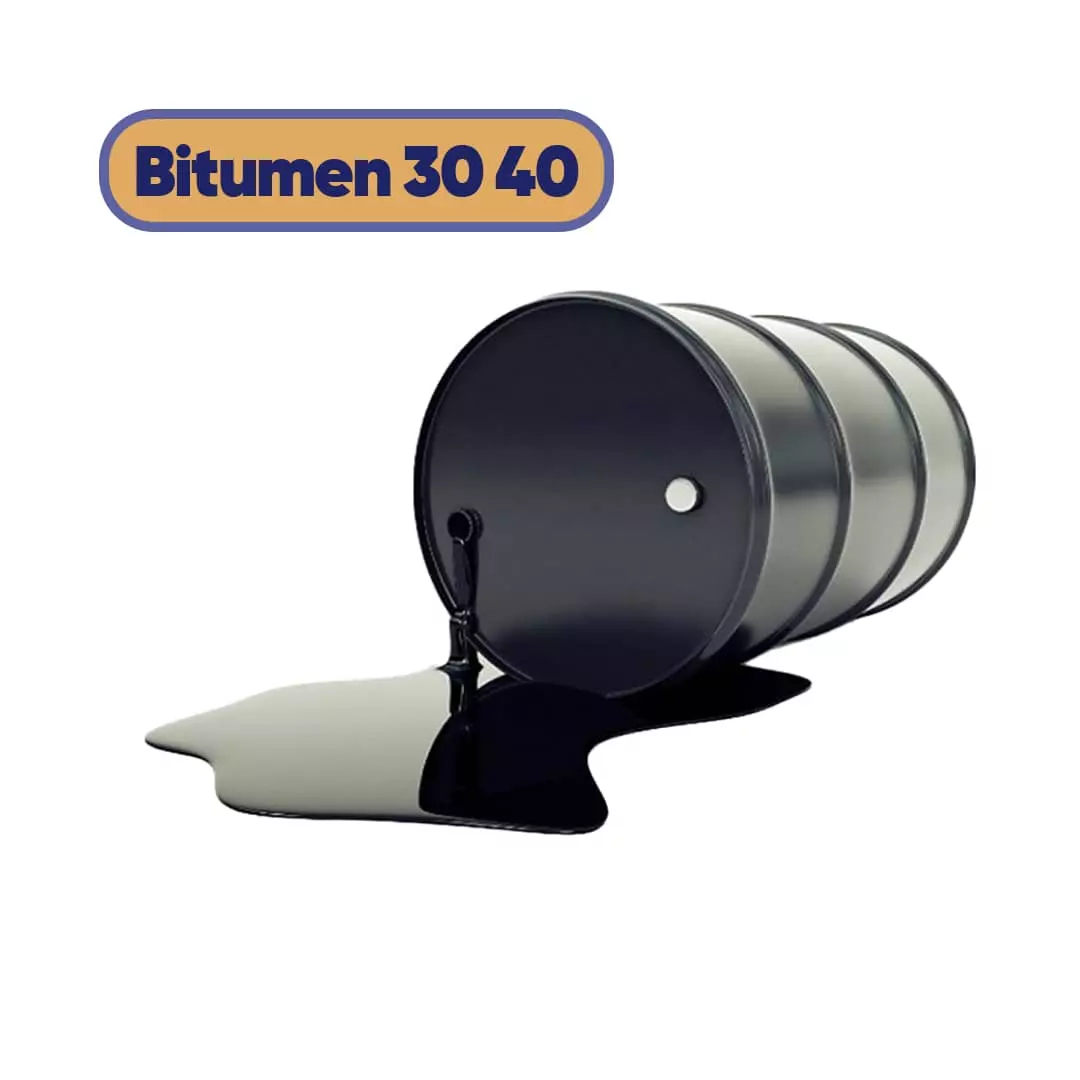Penetration grade bitumen
The penetration grade bitumen is the most common type of bitumen for road construction and is known for its resistance and durability to temperature changes. The grade of PEN bitumen is from 15 to 450. The most used range is 25 to 200.
Bitumen 60/70, also called paving grade bitumen, is the most used bitumen in road construction and waterproofing in buildings because of working in a wide range of temperatures (-22 to +76)
The penetration grade bitumen is manufactured at a variety of viscosities from refinery bitumen.
A penetration test is performed to characterize bitumen based on its hardness. The term” Penetration grade bitumen” is derived from this. Once it has been produced, a penetrometer apparatus is used to determine its classification. This penetration test indicates the hardness of bitumen. The laboratory needle penetrates the surface of bitumen; if the needle penetrates in more depth, the high value indicates soft bitumen. In contrast, the shallow penetration depth indicates the bitumen is hard.
Grading bitumen according to penetration serves the purpose of determining the ability of the product to be applied in different construction methods and climates. Then, you must consider the area’s average temperature and how much traffic the area experiences before using this bitumen.
For instance, bitumen 40/50, the first number refers to the minimum penetration and the second one refers to the maximum penetration.
Bitumen 40/50 is the hardest, and 85/100 is the softest one.
